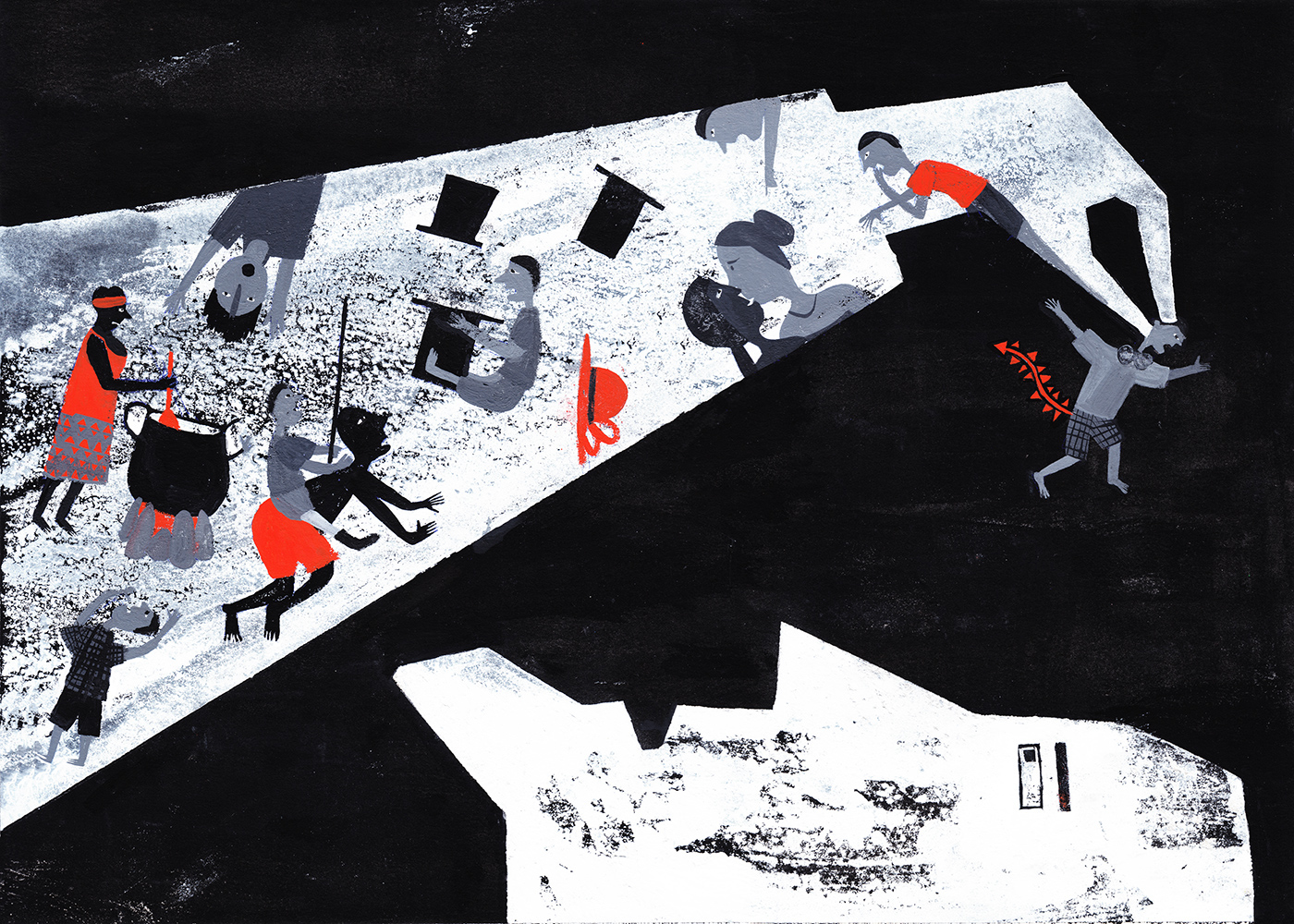
Harold Bloom declared him “the supreme black literary artist to date.” If it wasn’t for such influential admirers who tried to draw attention to his fading image, Machado de Assis’s name would have disappeared into oblivion long ago. Susan Sontag wrote an essay hailing him as the greatest writer to emerge out of Latin America. Even Jorge Luis Borges, another genius from Latin America with a reputation for his expansive reading, never mentions Machado de Assis. His eminent stature in Brazilian literature makes it all the more surprising that he is virtually unknown in the rest of the Americas.

His statue adorns the entrance to the Brazilian Academy of Letters, which he founded in 1897. Joaquim Maria Machado de Assis is hugely popular in Brazil. When first published in 1881, the book breathed new life into Brazilian literature. One of his most celebrated works, The Posthumous Memoirs of Brás Cubas, is being rejuvenated this summer with a new translation by Margaret Jull Costa and Robin Patterson. His books not only feel evergreen, but they also seem to anticipate the taste of a reader from a century and a half later. Machado de Assis’s books, however, are not like that. In books, in their most comic moments, he underlines the suffering by making us laugh." - Philip Roth "The greatest writer ever produced in Latin America.When you pick up a book from the late nineteenth century, you might prepare yourself to read a musty language that has aged so much it feels otherworldly. s worldly, bruised voice reaches out to touch readers today with its rueful comedy and wry sensuality." - The Economist "A great ironist, a tragic comedian.

Sprinkled with epigrams, dreams, gags and asides, the story teases, dances and delights. Read this witty, wildly inventive work and how conservative, how painfully corseted so much modern fiction will suddenly seem." - Parul Sehgal, 'Times Critics' Top Books of 2020' - The New York Times "One of the wittiest, most playful, and therefore most alive and ageless books ever written." - Dave Eggers "The book's invigorating style, as much as its backdrop of racial and social injustice, makes it ideal reading for this morbid, insurgent summer. The Brazilian novelist Machado was besotted with the license afforded by fiction and the social critique permitted only by comedy.

Jull Costa and Patterson offer a peerless translation of this comic masterpiece, narrated from beyond the grave by a feckless, pretentious, impossibly winning aristocrat. "The most modern, most startlingly avant-garde novel I read this year was originally published in 1881.


 0 kommentar(er)
0 kommentar(er)
